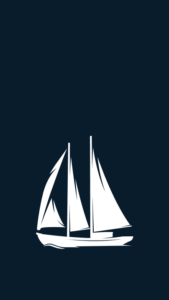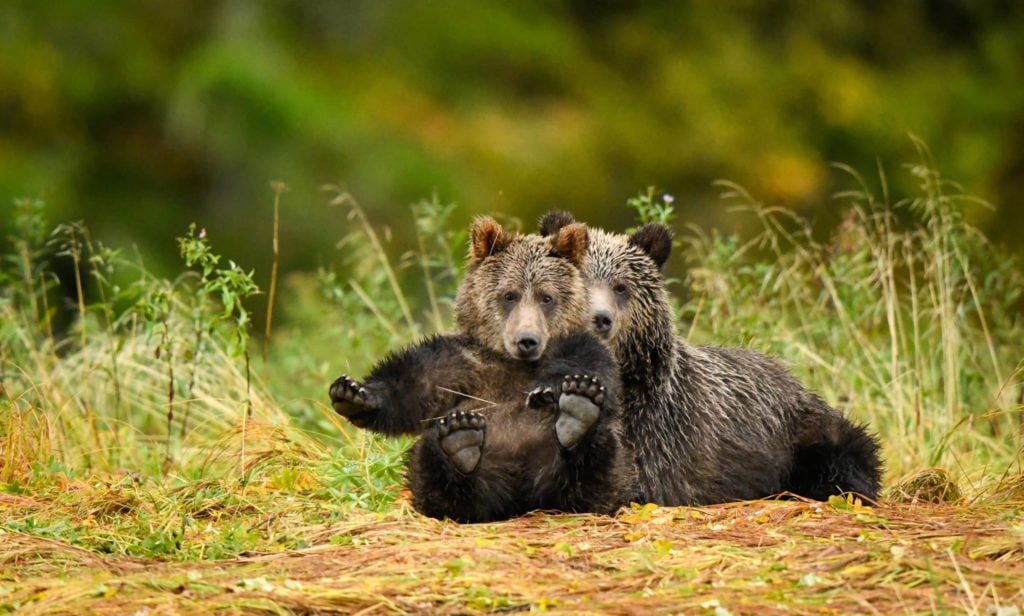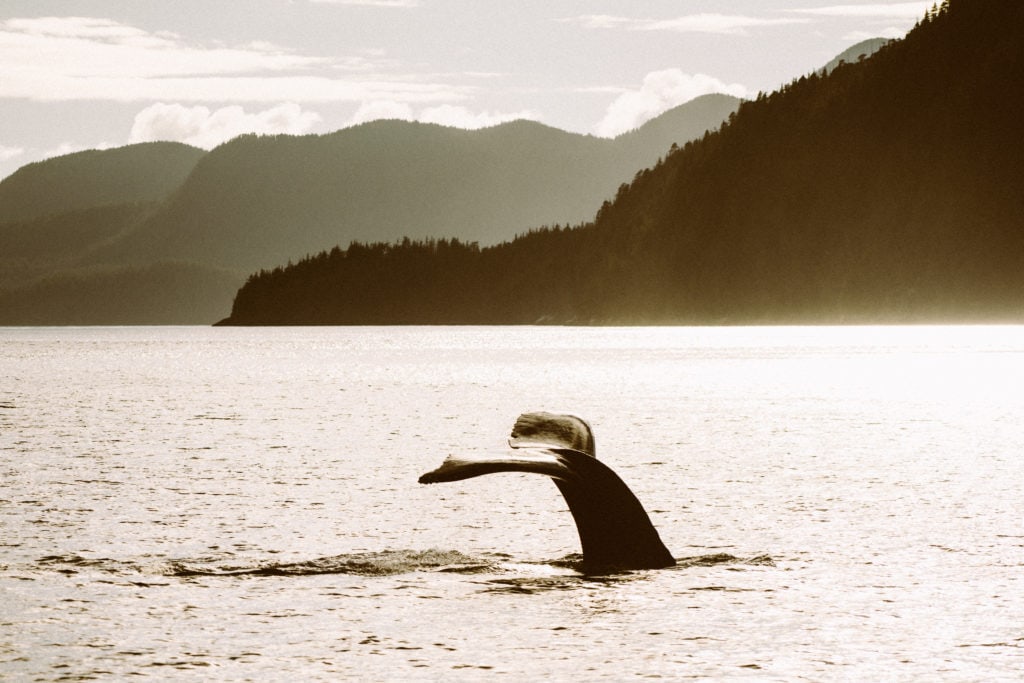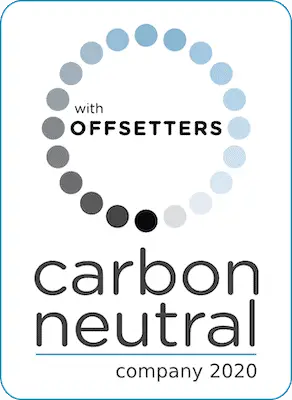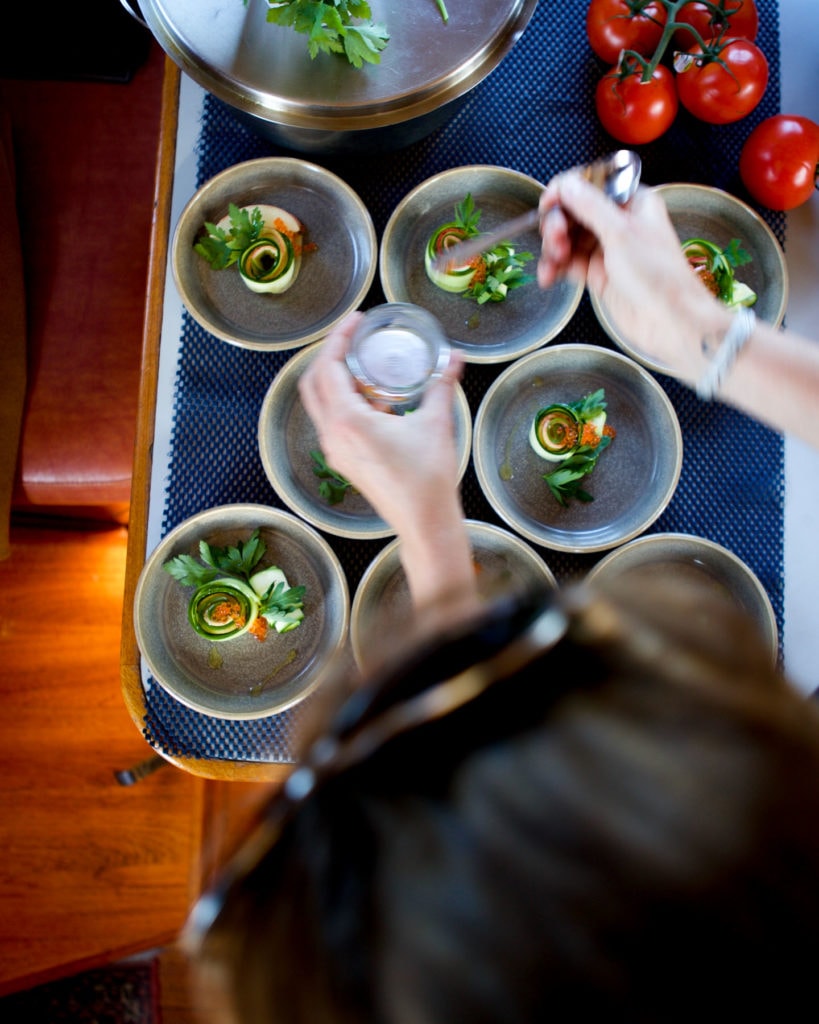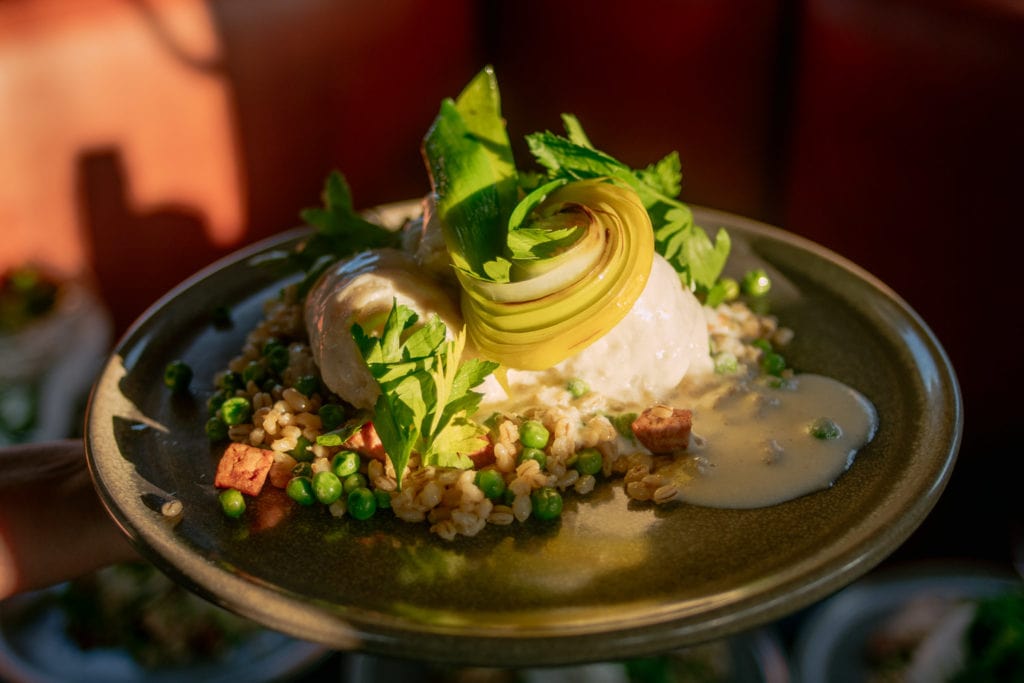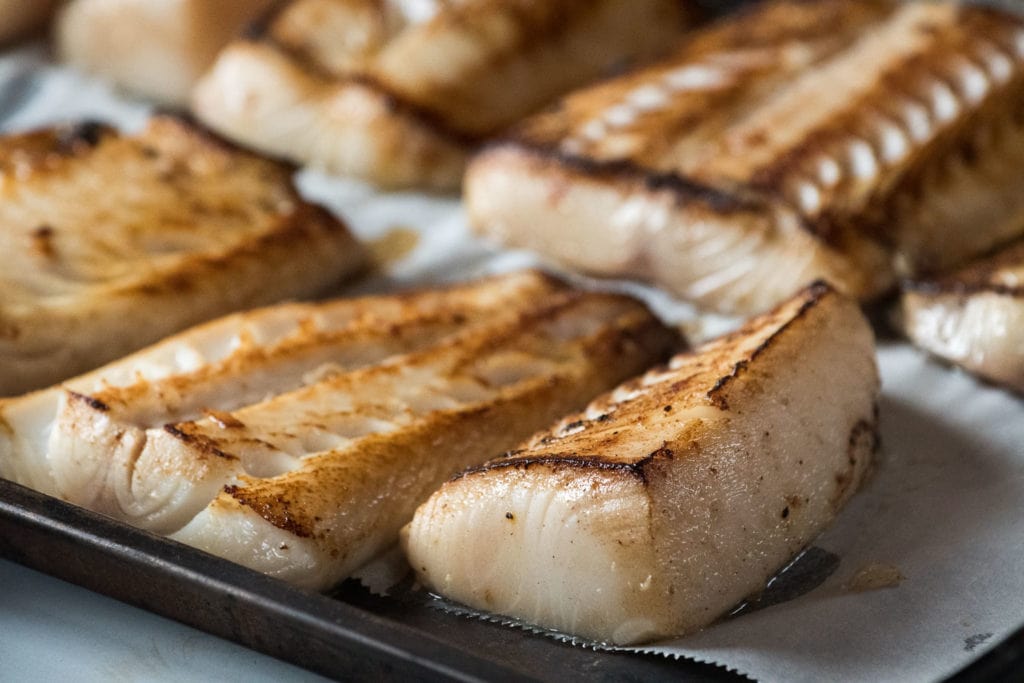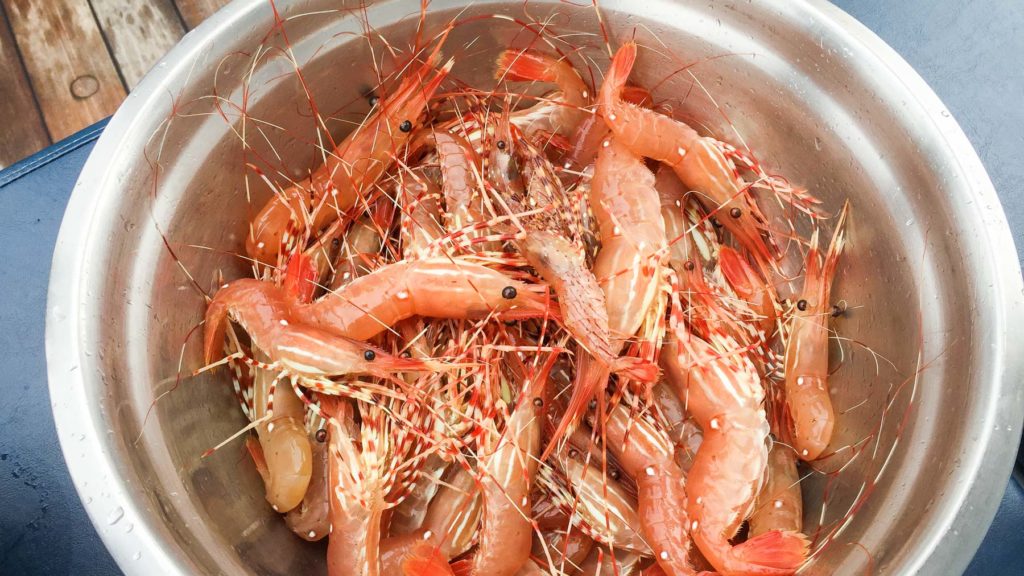Welcome
My name is Russell Markel and I’m the Founder and President of Outer Shores Expeditions. If you’re a first-time visitor, you might be asking, “What is Outer Shores?”
I’m glad you asked.
We are an award-winning, carbon-neutral-certified, and Green Tourism Gold-rated, niche adventure travel company operating wildlife, wilderness, and cultural expeditions throughout Canada’s Pacific Coast, aboard our classic wooden sailing expedition vessel Passing Cloud and our ketch-rigged sailing expedition vessel Ocean Wayfinder.
The best comparison might be to think of us as a ship-based version of an African wildlife safari. We combine pristine wilderness, amazing wildlife, luxurious accommodations, exceptional service, chef-prepared gourmet meals, expert guides, freedom from roads and routes most travelled, and the enticing adventure of never knowing what’s around the next corner.
But unlike the Serengeti, Canada’s wild Pacific Coast is a world where humpback whales sing, socialize, and cast bubble nets to capture schools of herring; family groups of killer whales follow massive populations of migrating salmon as they move into glacier-scoured fjords and estuaries; grizzly bears and black bears – including the rare white spirit bear – roam wild throughout the Great Bear Rainforest as they have for millennia; and where the heritage of Indigenous cultures has been enmeshed in this rich ecological tapestry for more than 14,000 years.
